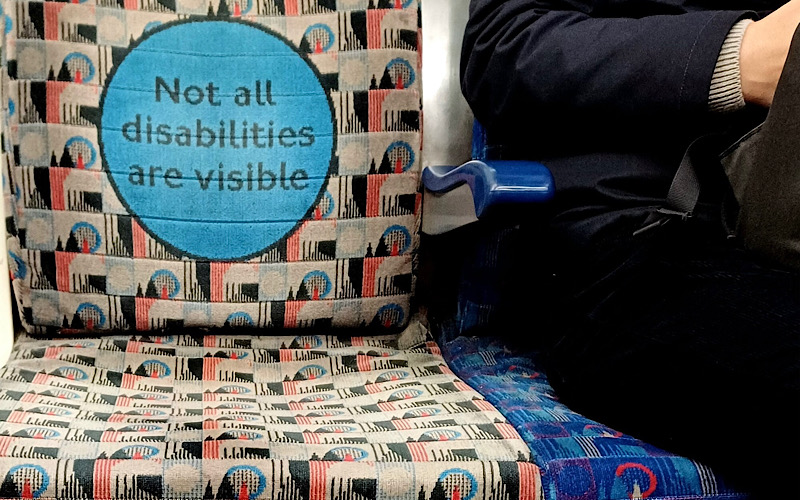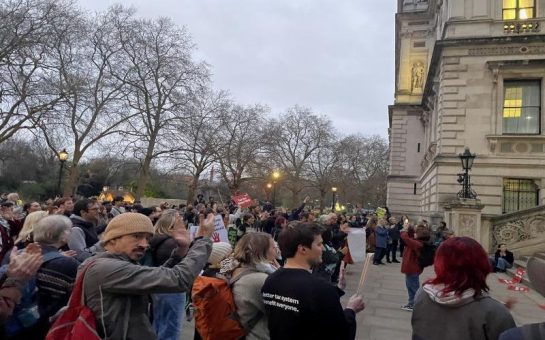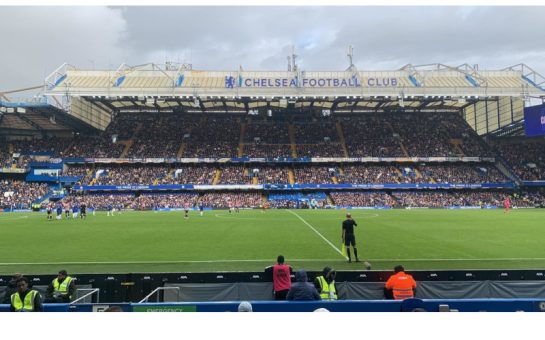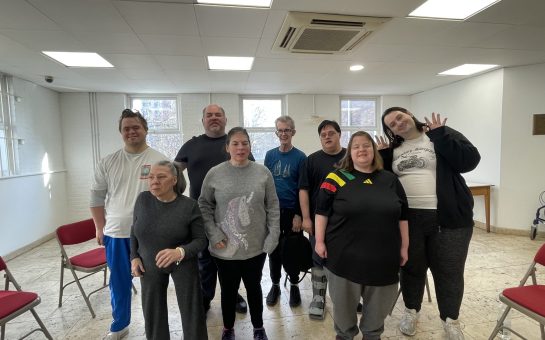London is the second-best city in the world, just behind New York, according to Oxford Economics.
As a wheelchair user with four-limb Cerebral Palsy, I find that hard to believe.
Every day I’m surrounded by reminders of my disability, with the Transport for London network being a prime example as faulty lifts and inaccessible stations sometimes make it feel like it would be easier to go to Mordor than it is to cross the city.
The reminders don’t stop when on the train either.
On two separate occasions in the past fortnight alone, strangers have approached me with “God bless you” as they exited, with my only available response being a faked smile and thank you.
Although slightly annoying, I know it’s with good intentions and they are showing more compassion towards disability than this current government.
Rachel Reeves announced in her Spring Statement on Wednesday changes to the threshold requirements to be eligible for Personal Independence Payments (PIP), which will be implemented from November 2026.
To be eligible for PIP, a potential claimant is assessed and given points on their ability to do everyday activities with a minimum of eight points needed to qualify.
The seismic change to this system is a claimant now has to score four points in one category, such as preparing food, as well as the initial eight-point threshold.
Due to this, over 370,000 people and a further 430,000 who would be eligible in the future are set to lose their PIP as their disability does not have a great enough impact on their day-to-day, according to government analysis.
However, the rationale of this points scoring is flawed and in some cases lacks common sense.
For example, if you need help going to the toilet then congratulations, here’s your PIP.
Yet if you need reminding to go to the toilet, you’re out of luck.
To essentially means-test PIP, not financially but by impact of disability, is ridiculous, and it makes me analyse and dissect the one question I never want to answer, which is: “How disabled am I?”
PIP is meant to help with the extra costs incurred with a disability, and with that lifeline being taken away for hundreds of thousands of people there’s a tangible risk of isolation.
On average, disabled people get paid 12.7% less than their non-disabled colleagues, according to 2023 data from the Office for National Statistics.
PIP helped bridge this gap, allowing many to be active and valued members of society, one of the government’s main goals
However, this arbitrary slash feels counterproductive and hurtful.
Gone are the days of physical disabled asylums, but they will be replaced by the homes of the disabled community if the financial scrutiny continues as it will become too expensive to leave the front door.
I, like every other disabled person, am just trying to live my life as ‘normally’ as possible, but Westminster and London as a whole are making that increasingly difficult.
Featured image credit: Rosmarie Voegtli Creative Commons Attribution 2.0






Join the discussion